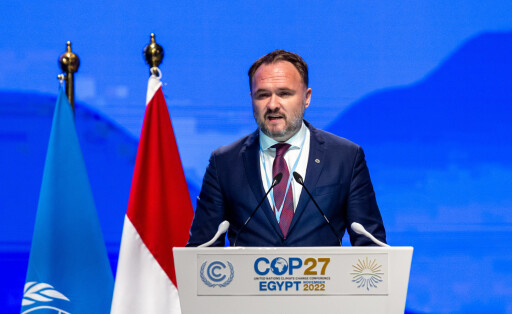
USA: How the EPA implements the government's climate program
The US Environmental Protection Agency (EPA) has become the main arm of President Biden's climate program. The EPA decides over funding and legal requirements as part of the $370 billion Inflation Reduction Act. EPA Deputy Administrator Janet McCabe spoke with Table.Media.
Von Bernhard Pötter




